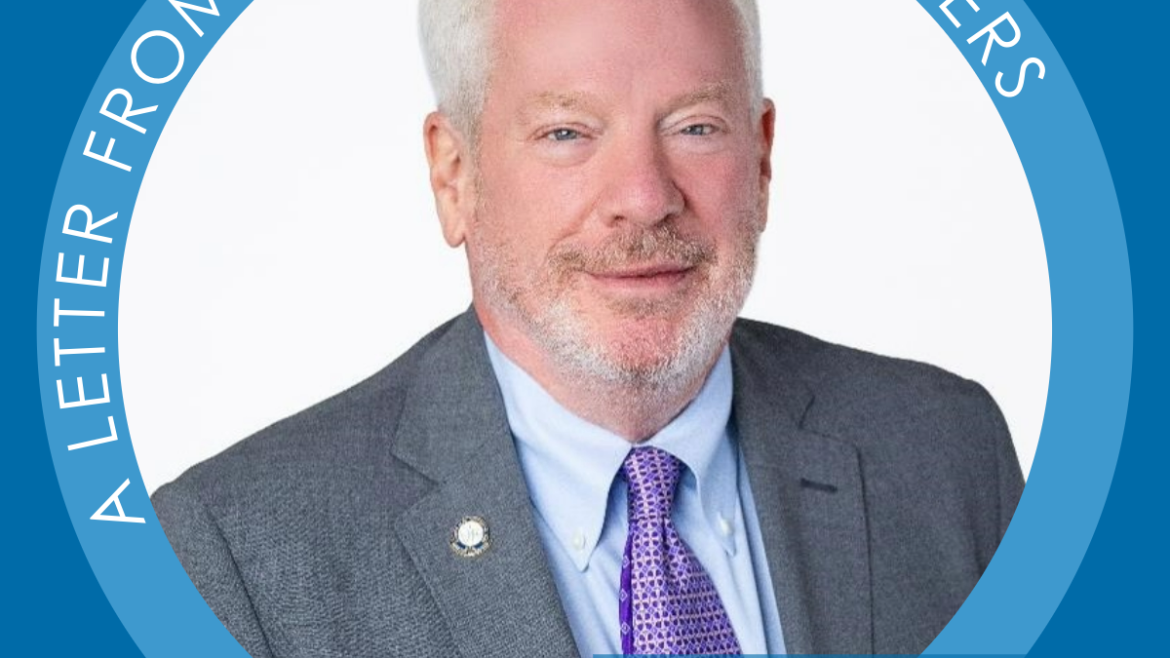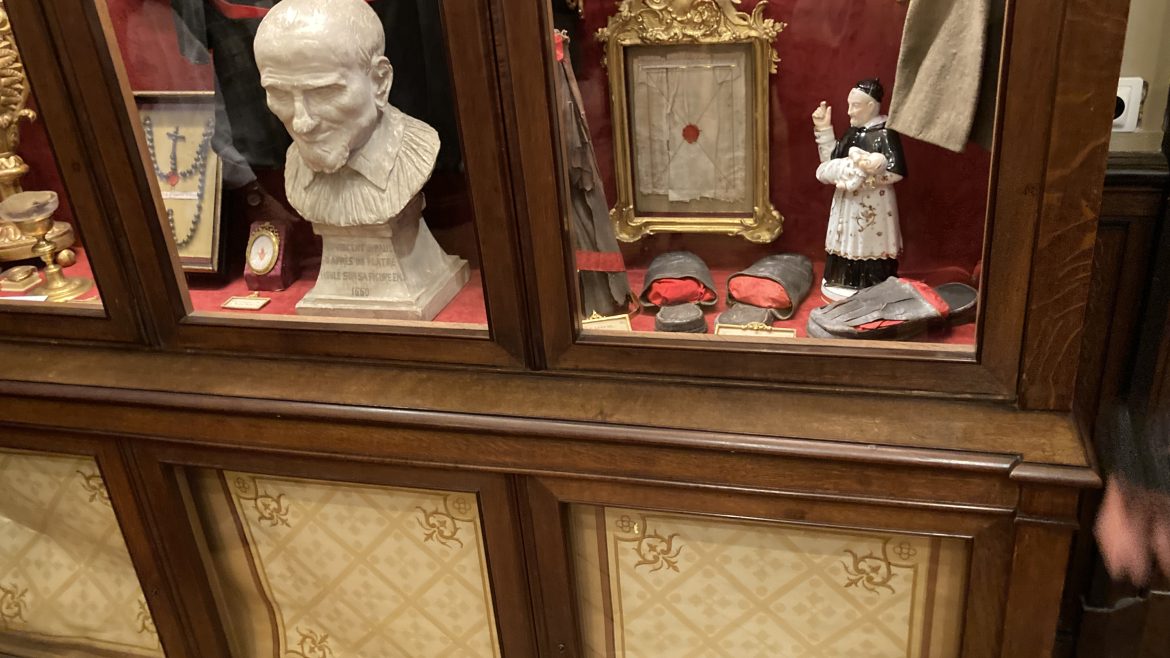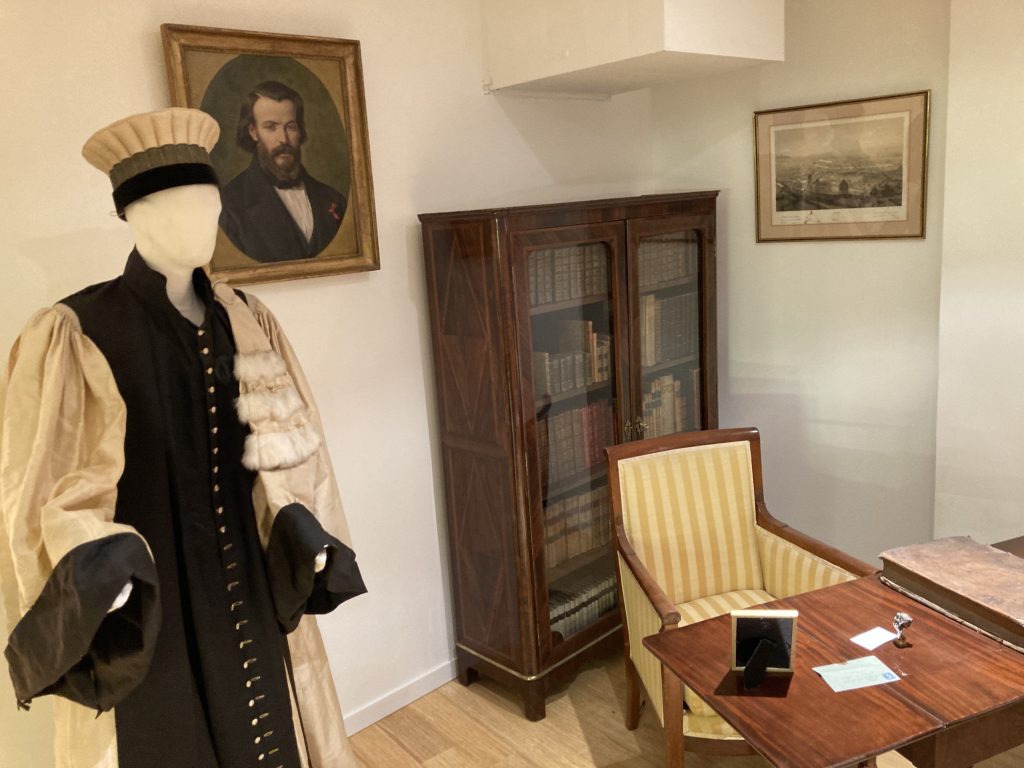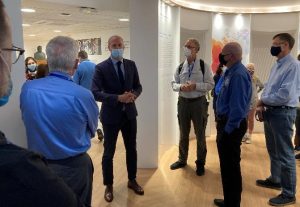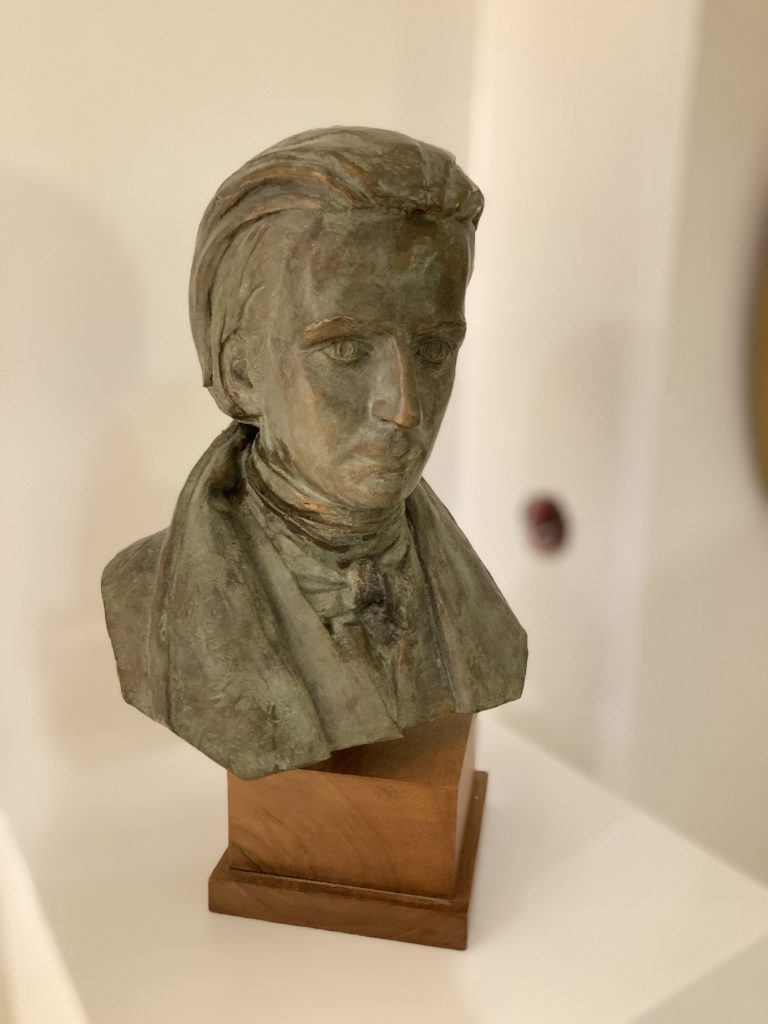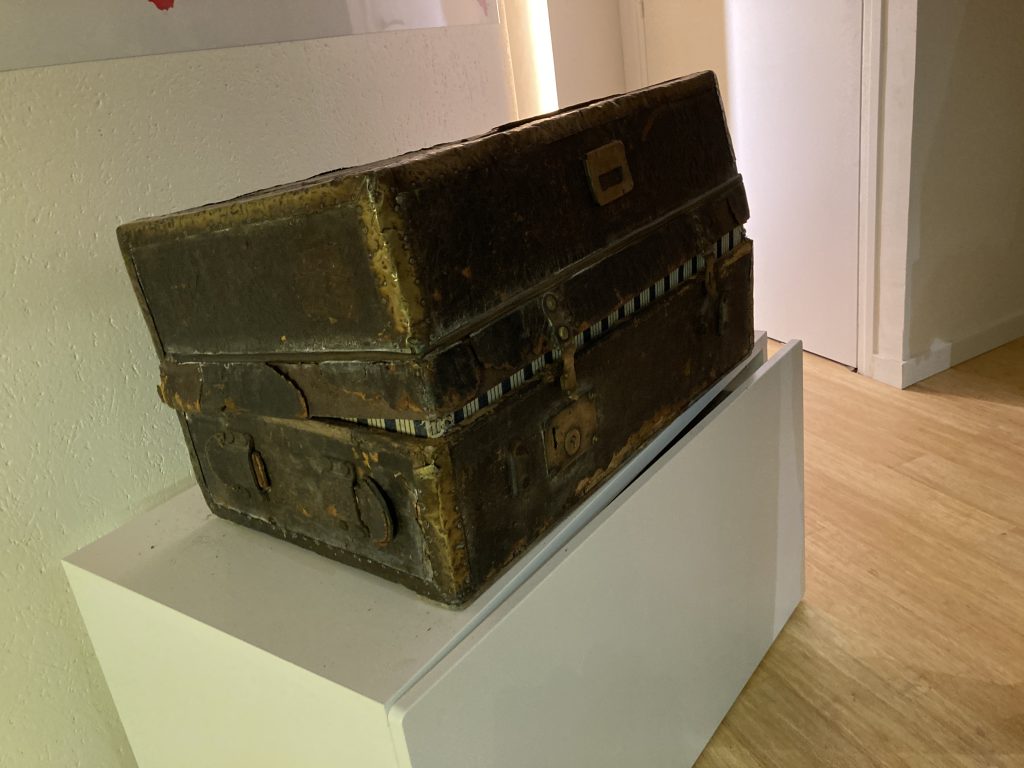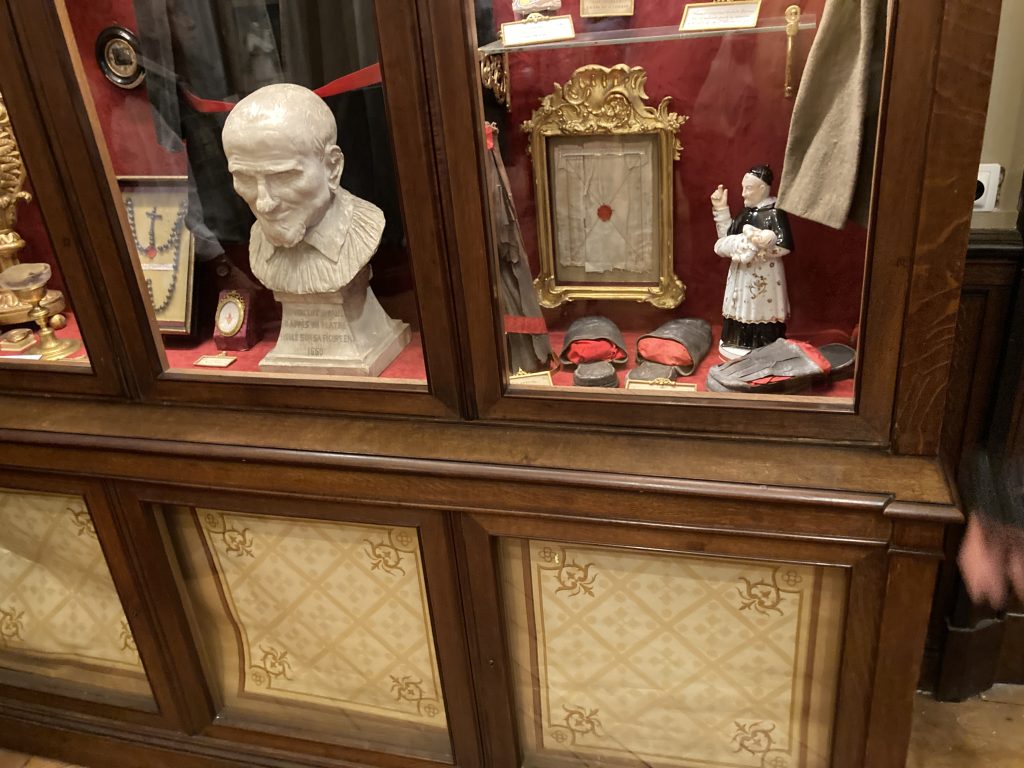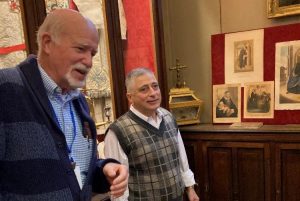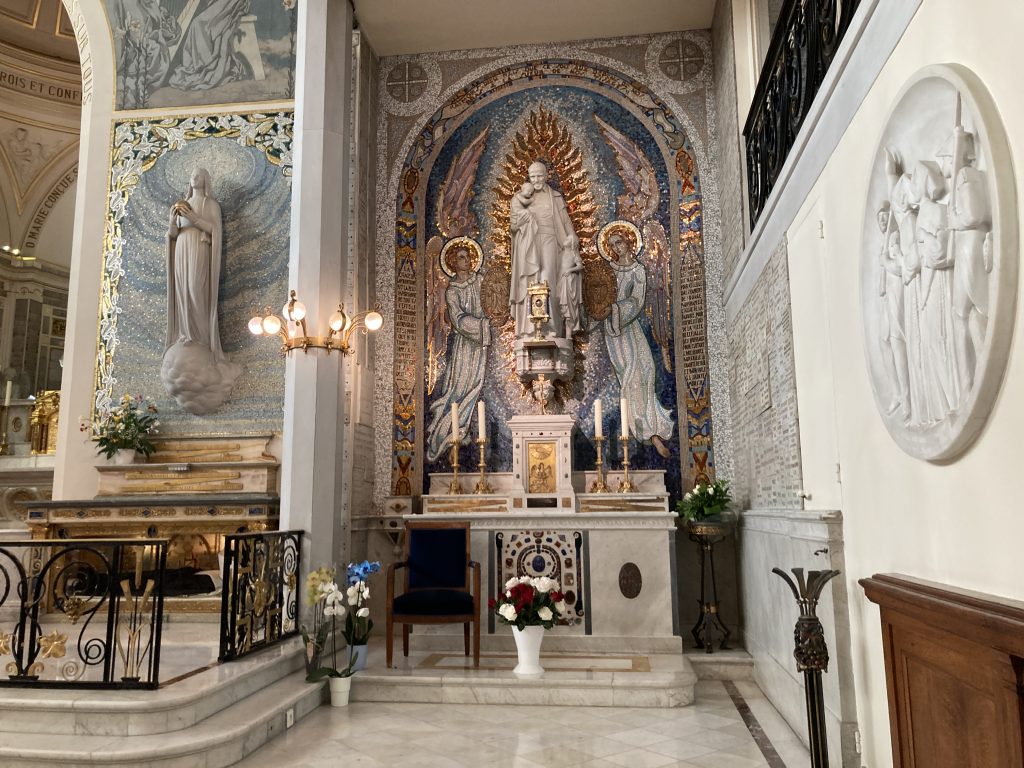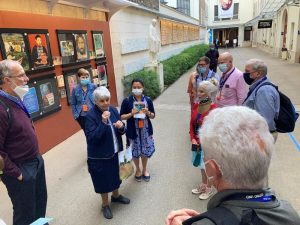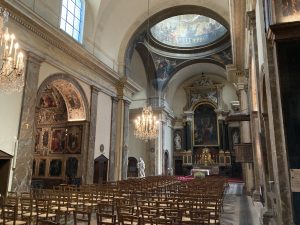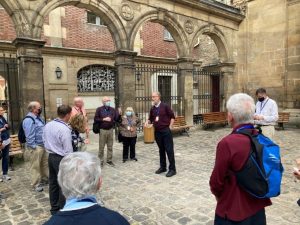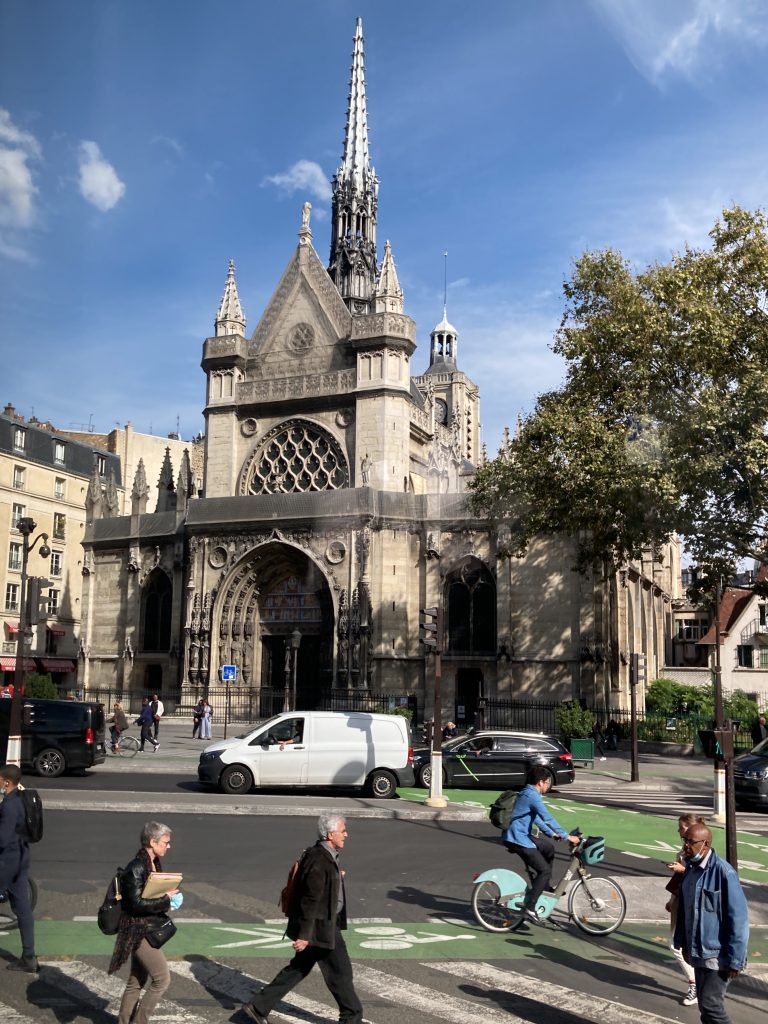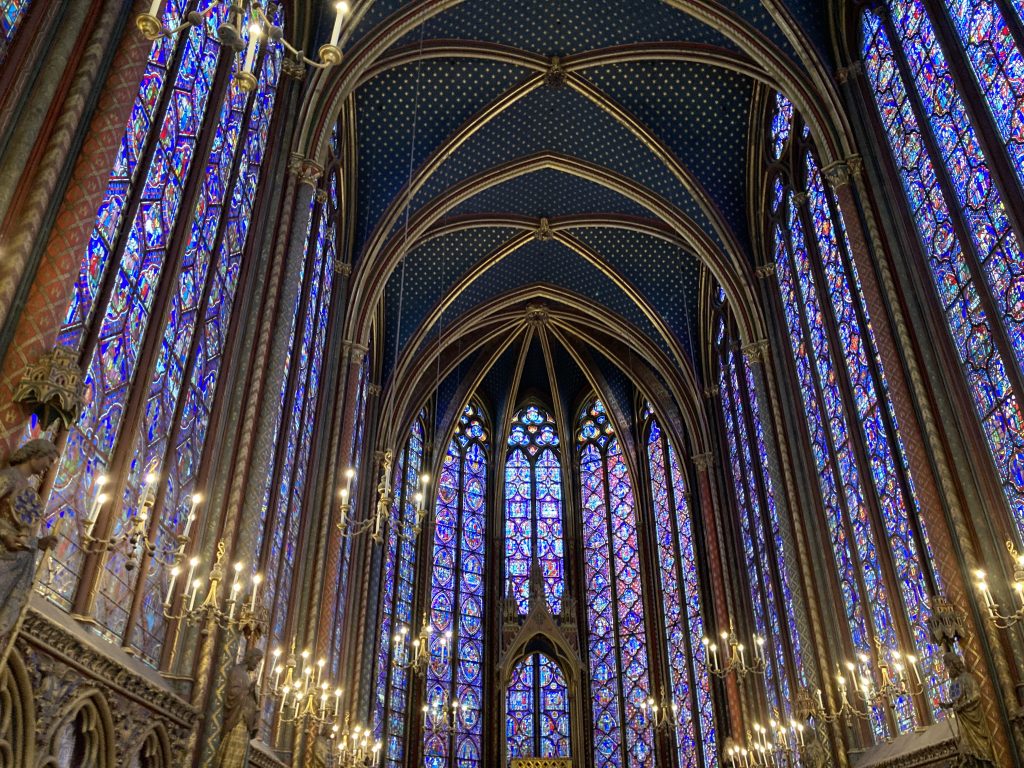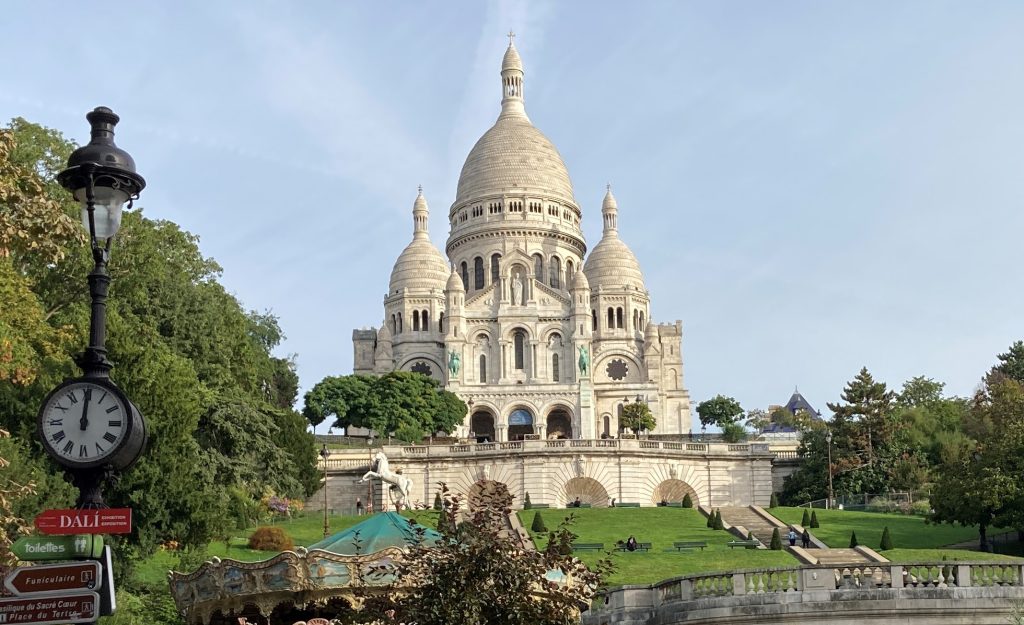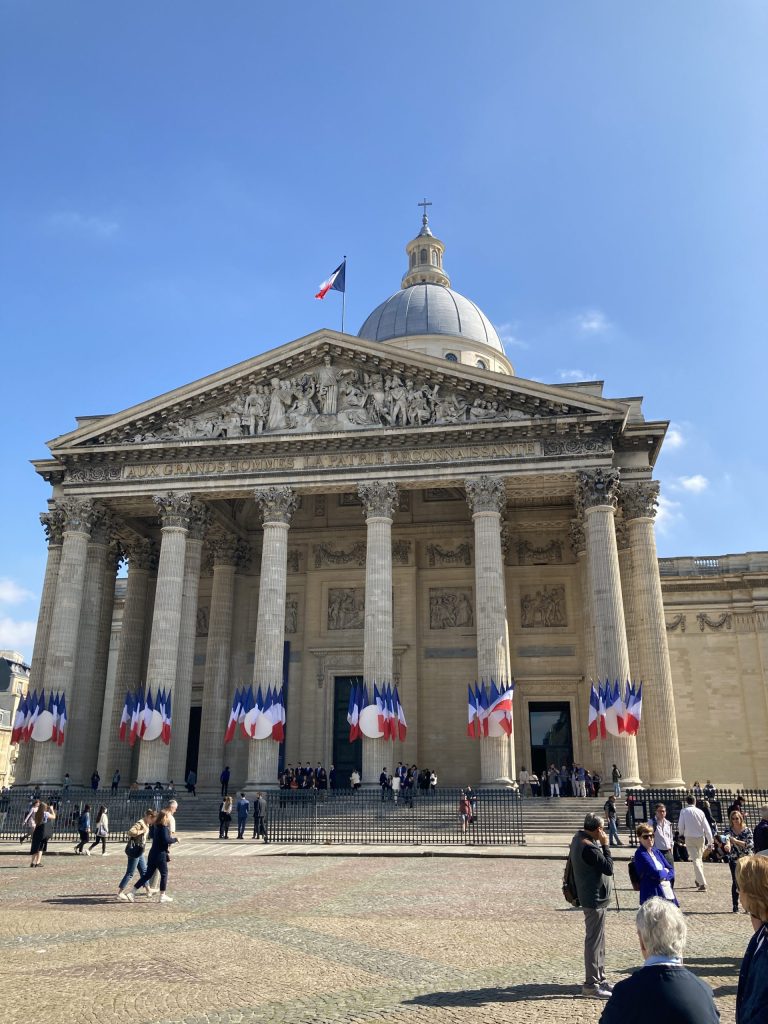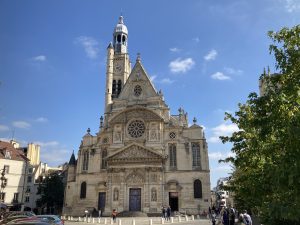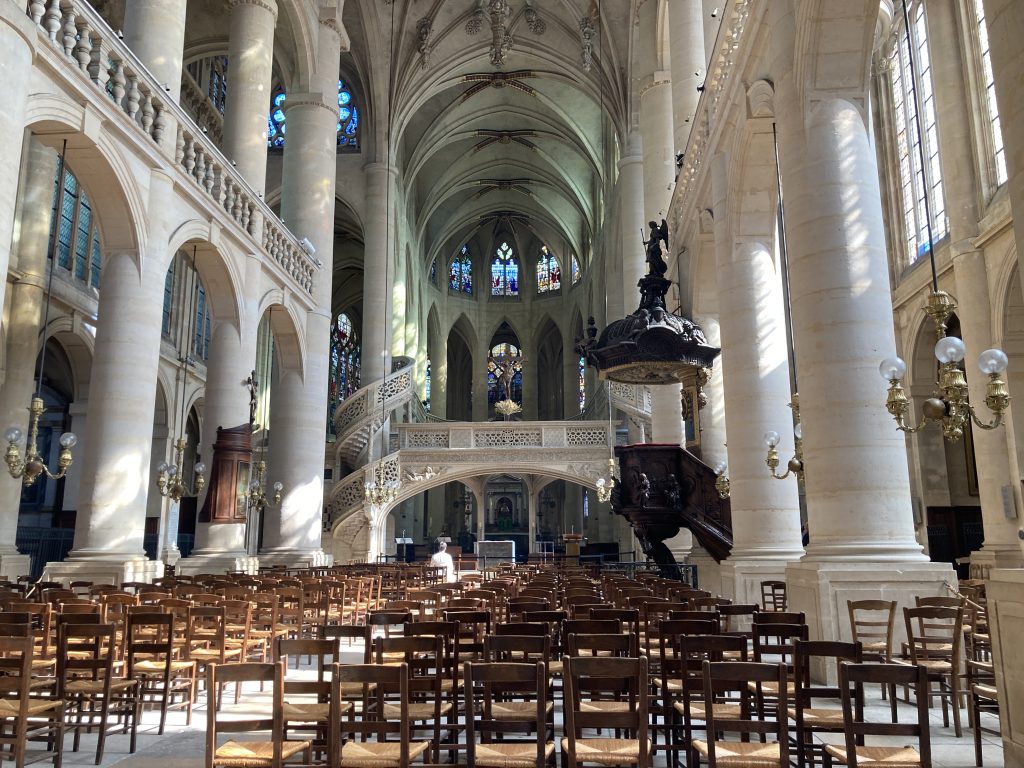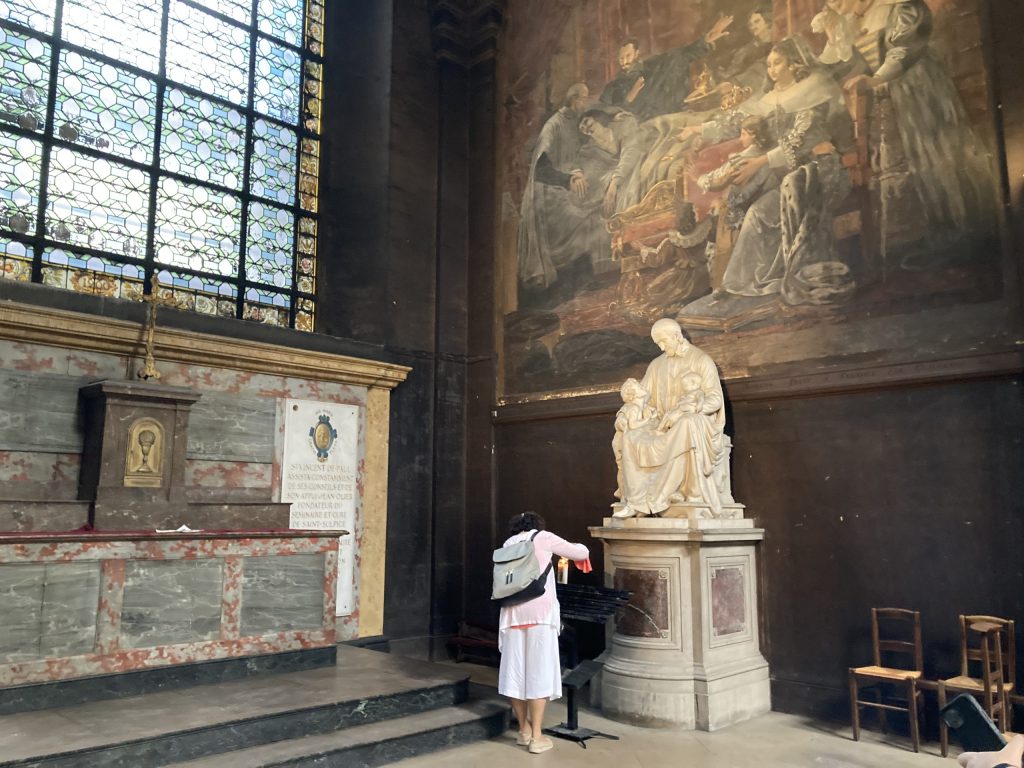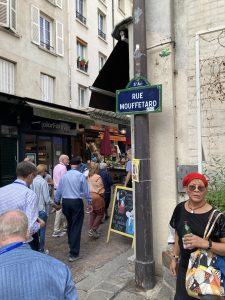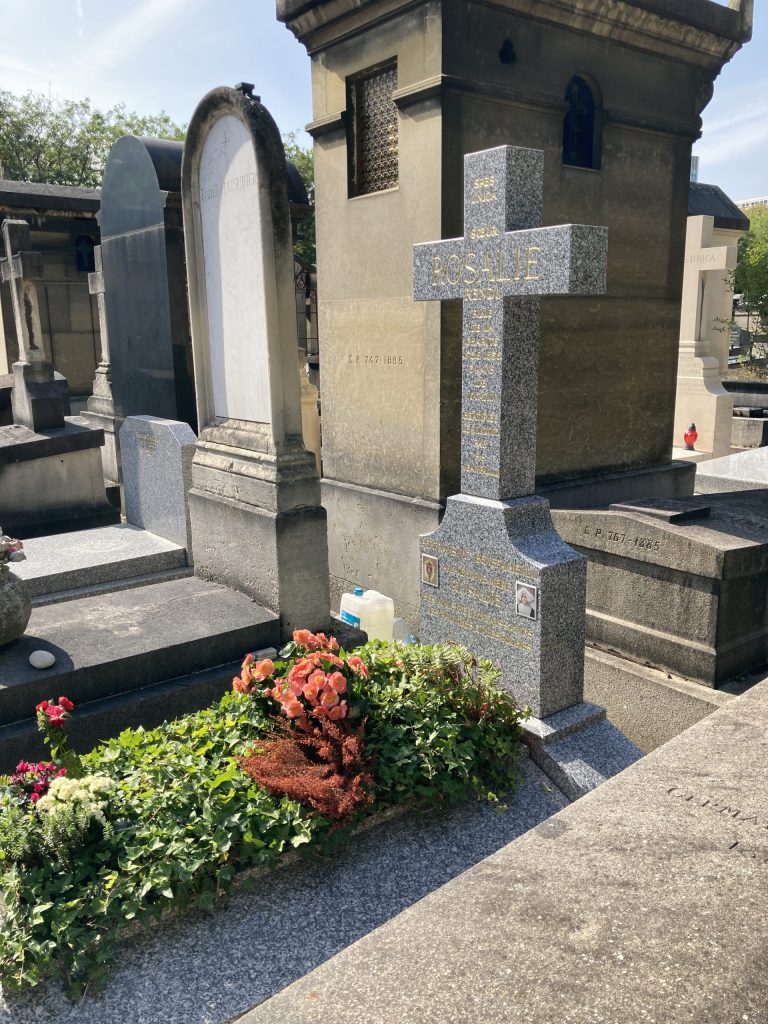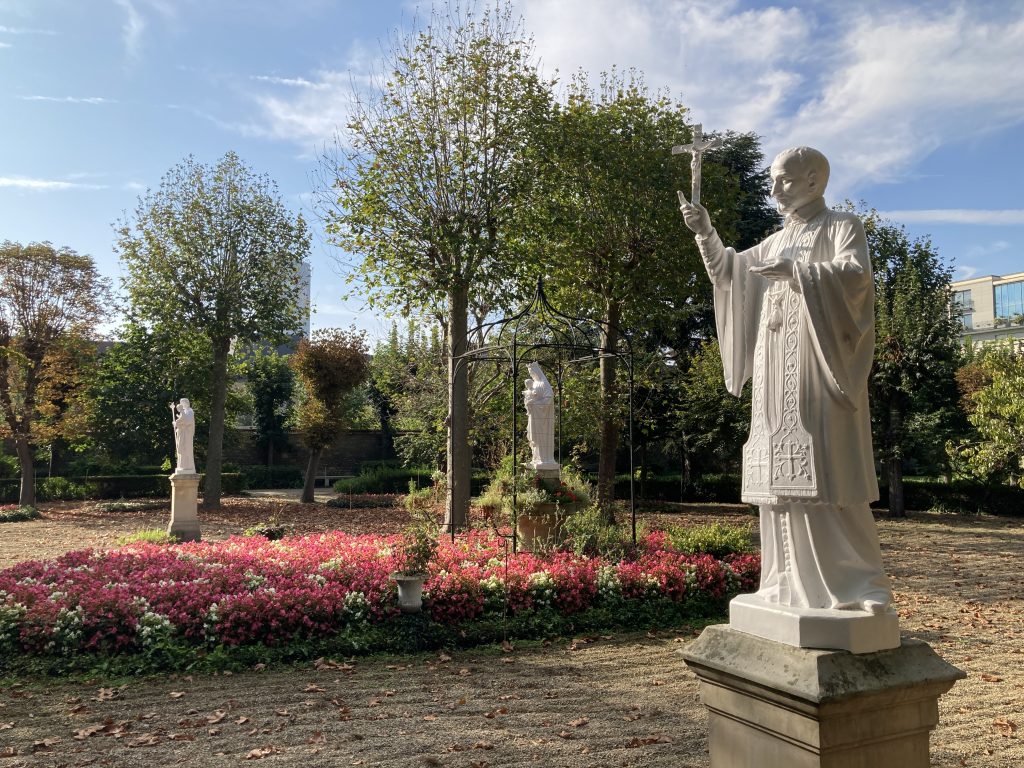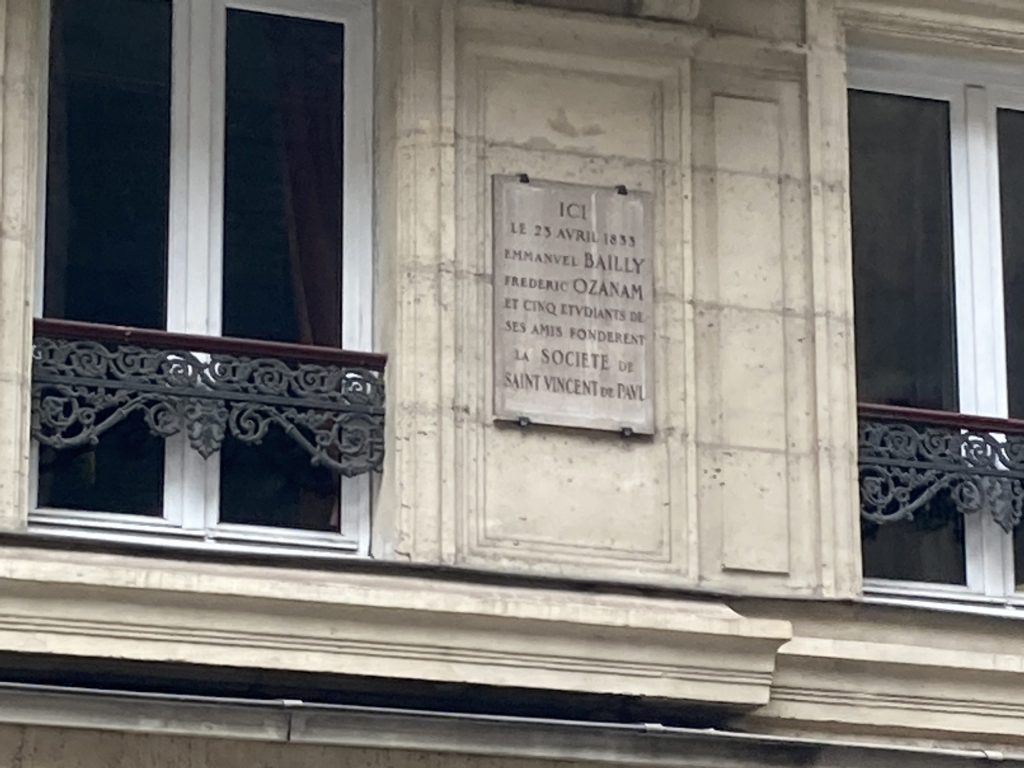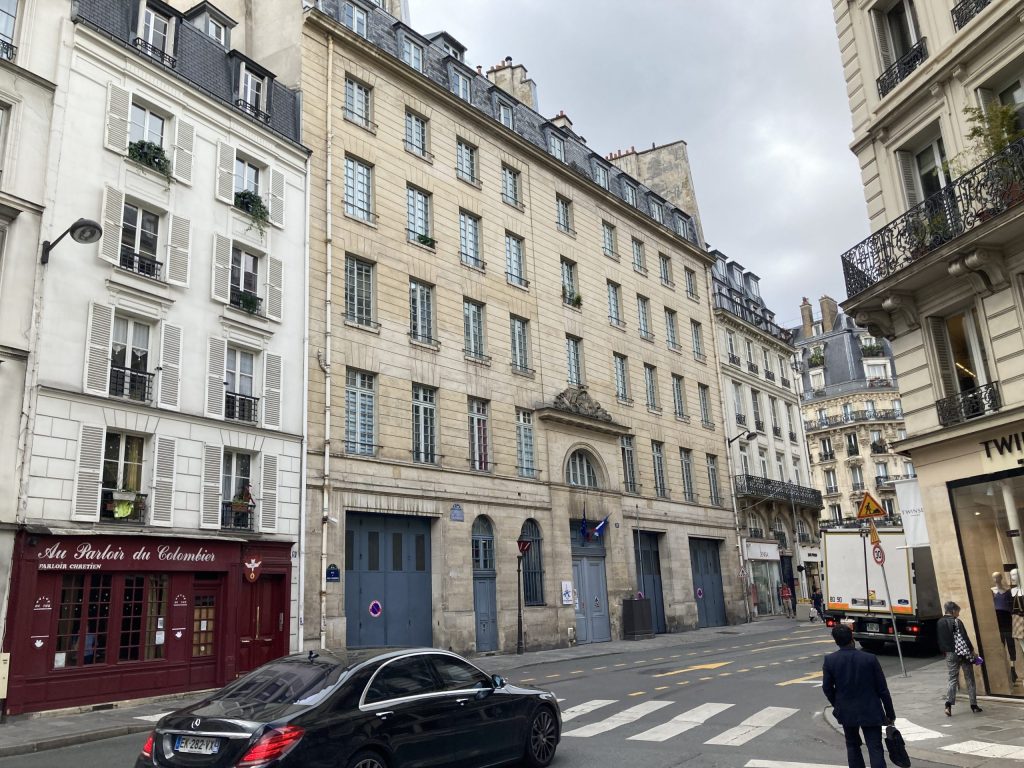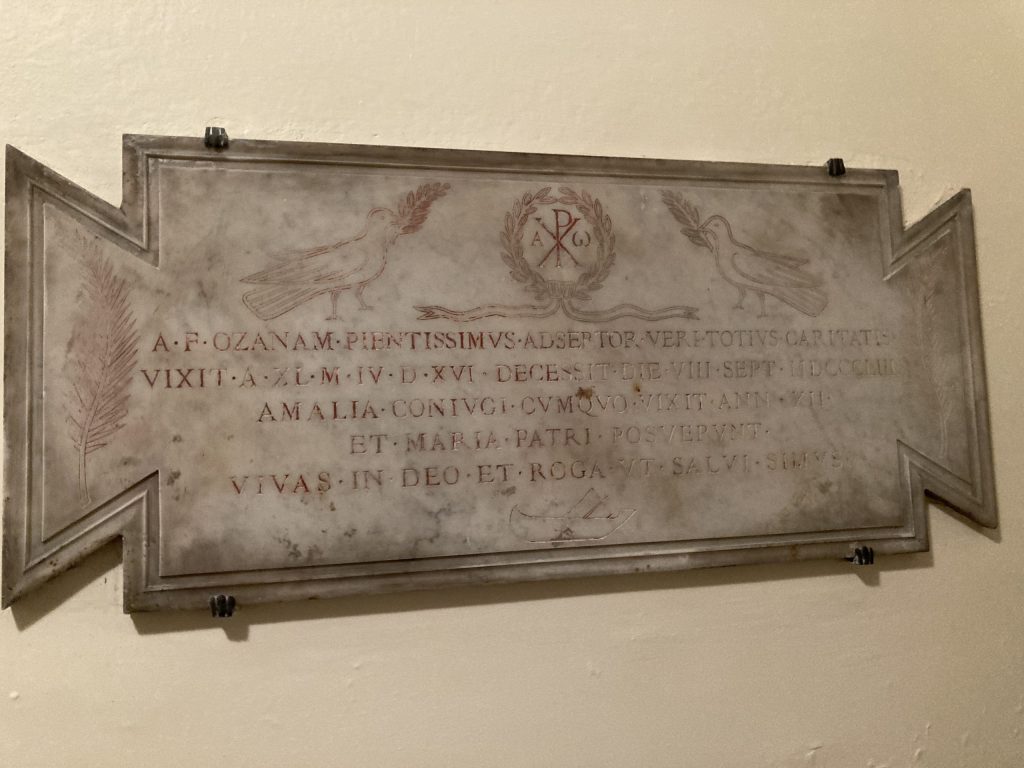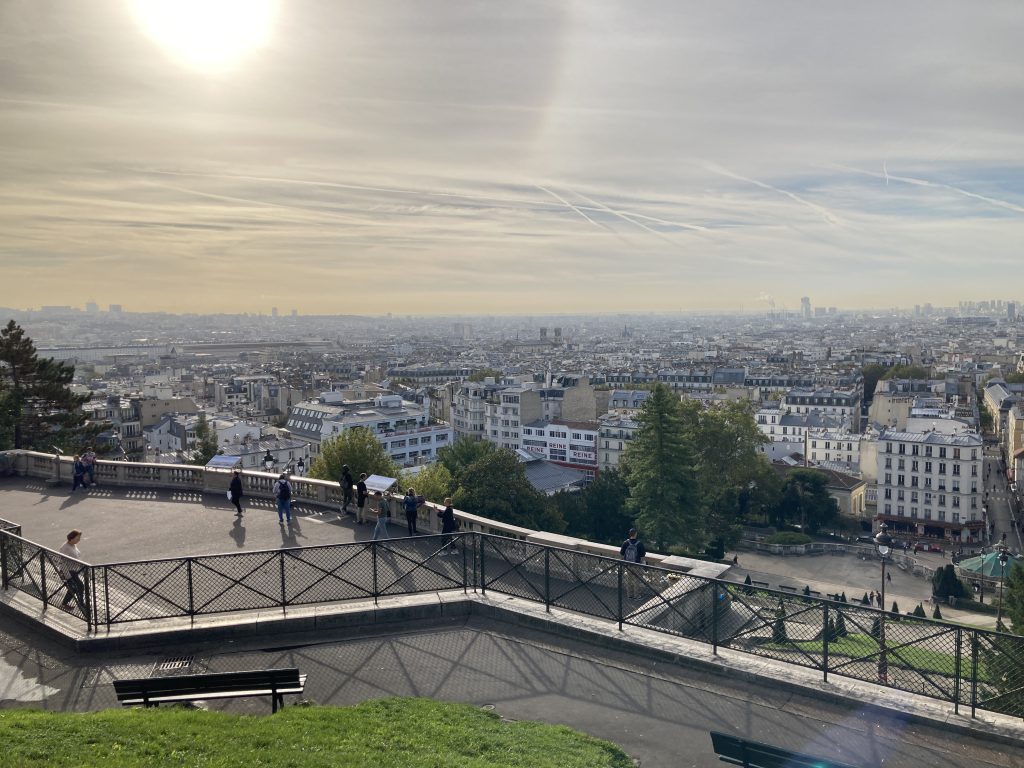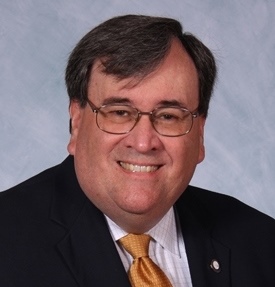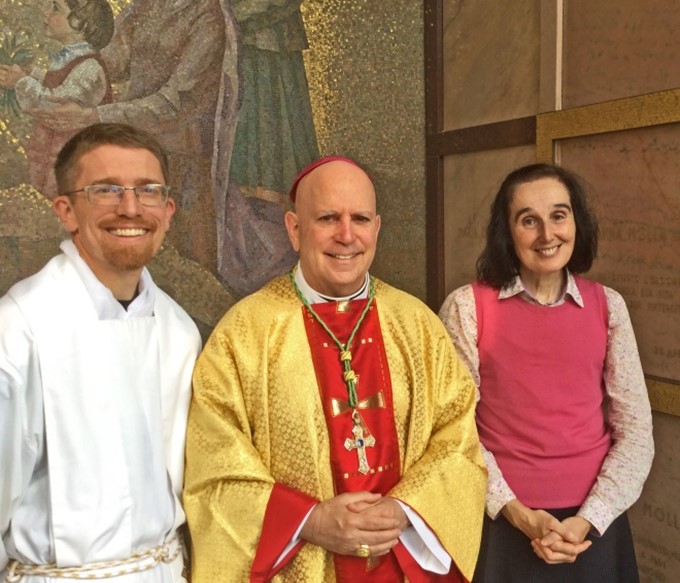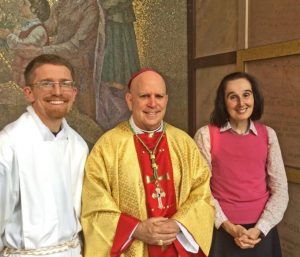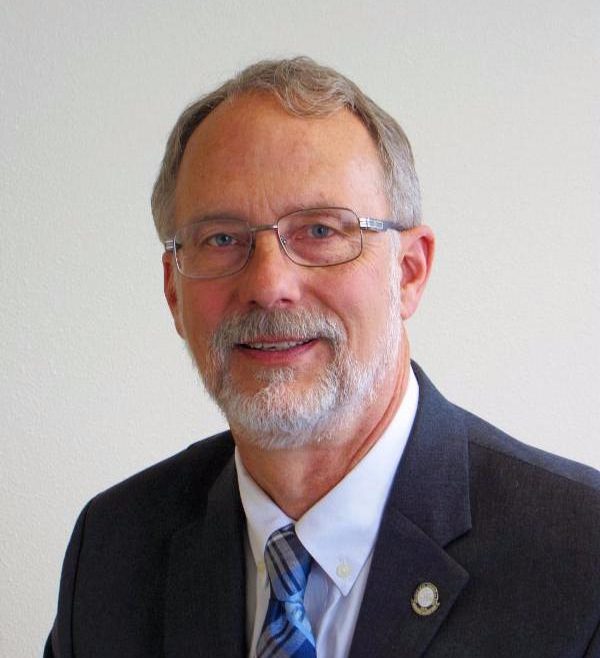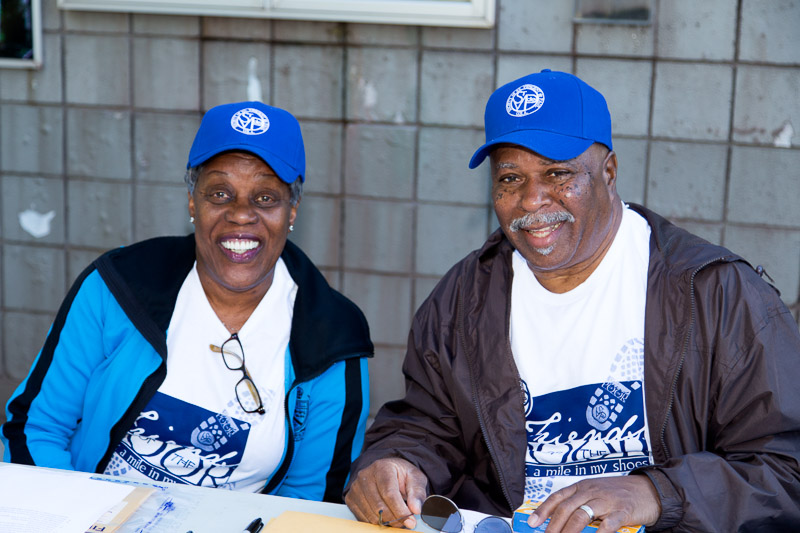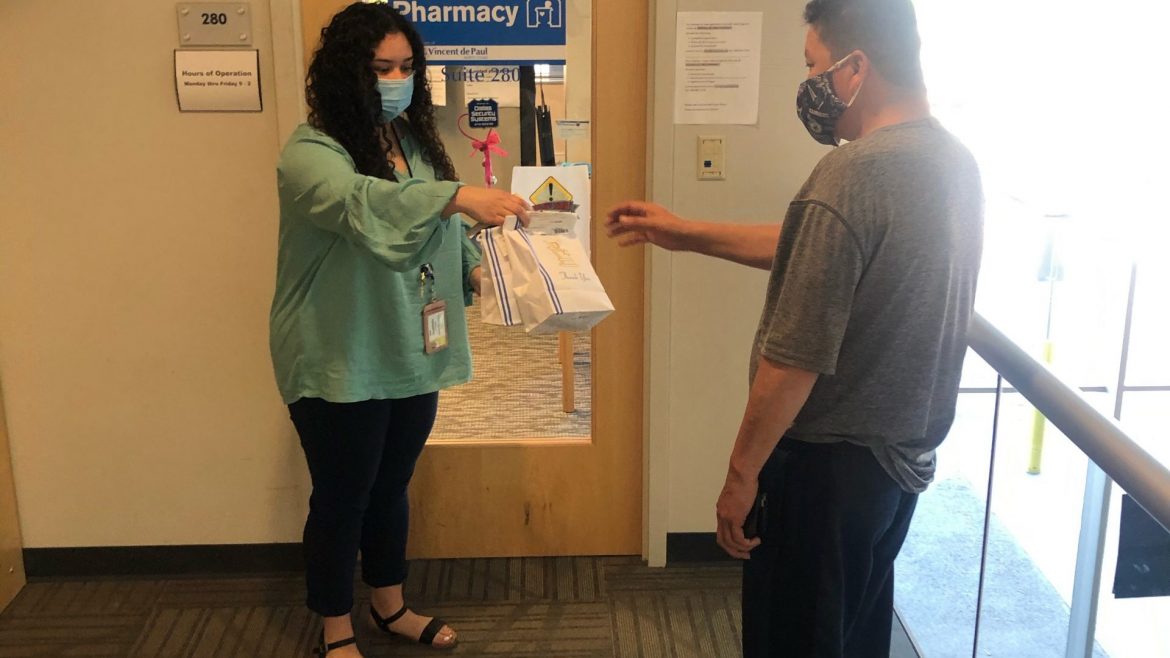“Christmas came without ribbons!
It came without tags! It came without packages, boxes or bags!” These words, from Dr. Seuss’s classic tale How the Grinch Stole Christmas!, place the upcoming Christmas Season into proper perspective.
As Vincentians, we all know that it is not the decorations, the gifts, or the glitz that are essential for Christmas. Jesus’ birth is the reason for the season and the time to celebrate the beginning of our faith!
Who would ever want to be a Grinch during this most wonderful time of the year? Well, many of the general public might be shocked that St. Vincent de Paul had a temper and anger that would have made the Grinch proud!
Deacon Omar Gutierrez wrote this about our beloved saint, “Chesterton once said that the difference between a sinner and saint is not that the saint doesn’t sin. The difference is that the saint knows they’re a sinner. This is what strikes me with St. Vincent de Paul. You might expect, and certainly you will get to some degree, a listing of all the amazing charitable works this grand saint of seventeenth century France undertook. However, what is seldom mentioned in the popular accounts about St. Vincent is his bad temper.”
He goes on to write, “St. Vincent de Paul, the irritable saint, was not driven by anger at the injustices of the world…Rather, he was driven by his deep love for Christ, who taught him how to get over himself and his anger.”
St. Vincent de Paul realized that what Christ asks of all of us is these important questions: What are we going to do with our priceless gift of faith? How are we going to put it into action? How are we going to see the face of Christ and be the face of Christ?
Everyone should love the Advent and Christmas Seasons! Christmas is truly a Vincentian celebration because we are the gift givers of love to those in need.
Every day of the year, Vincentians share the Christmas Spirit of love with those who need it most. St. Vincent de Paul Conferences and Councils throughout our country do so much to ensure those experiencing poverty feel Christ’s loving touch.
Together, we will provide food baskets so those we serve have a Christmas meal, distribute coats and gloves to keep people warm, fill prescriptions that save lives, and provide a myriad of services to help people avoid homelessness.
This time of year allows us to focus on what is really important in our lives. For us, it is our spiritual journey as Vincentians. Where has Christ led us thus far and where is He going to lead us next?

This week, Tim Williams and I had the great honor of visiting Father Ron Ramson, CM, at the National Shrine of the Our Lady of the Miraculous Medal. Wow, what a blessing for Tim and me to spend time with this extraordinary priest!
At 92, Father Ron will amaze you with his energy and knowledge of our beloved Blessed Frédéric Ozanam. As many of you know, he published a book entitled, I, Frederic…In His Own Words, and he is working on getting it made into a movie. More information on the book and movie can be found here.
I have known Father Ron for decades, and he called me right after I was blessed to be named the incoming National CEO. Father Ron has impacted my spiritual journey and continues to do so. He is an example of our Vincentian virtues of Simplicity, Humility, Gentleness, Selflessness, and Zeal.
St. Vincent was not perfect, like all of us, but like the classic Christmas cartoon, his spiritual journey led his heart and soul to grow, but much more than the “three sizes” in the classic.
As Vincentians, every day is an opportunity for us to grow spiritually in the tradition of our patron St. Vincent de Paul and our founder Blessed Frédéric Ozanam. As One Society, what a wonderful time to grow together in our Conferences, Councils, and National Council.
I hope on that this day of the Feast of Our Lady of Guadalupe, you feel our Blessed Mother’s loving hand in your spiritual journey.
May you and your family feel the Christmas Spirit of love and hope during Advent and our upcoming Christmas Season. With deep appreciation for your support, we wish you and your loved ones a blessed and wonderful Christmas and a new year filled with blessings.
Merry Christmas,
Michael J. Acaldo
National CEO


